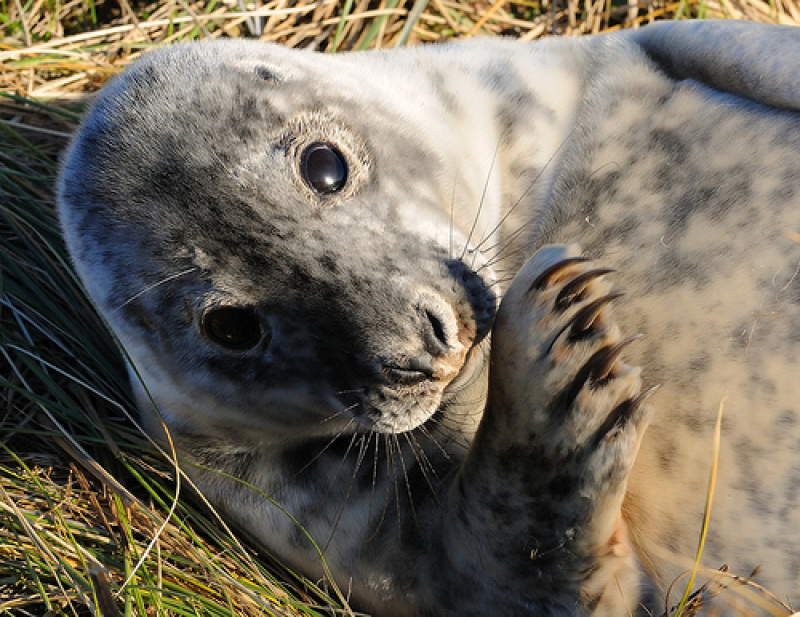
A new study released by a team of biologists aims to solve the mystery behind the sudden predatory behavior of seals, according to Daily Digest.
The research was conducted in response to the increasing number of the violent mutilation and killing of porpoises in the waters of Britain and Netherlands.
The report by the researchers led by Mardick Leopold was published by the Royal Society, an online journal based in the United Kingdom that features scientific articles and studies related to the field of biology.
At first, members of the scientific community and the fishing industry could not provide a possible cause regarding the bizarre deaths of the porpoises. But through DNA analysis and other methods, Leopold and his team were able to conclude that grey seals are the likely culprit.
"Harbour porpoises stranding in large numbers around the southern North Sea with fatal, sharp-edged mutilations have spurred controversy among scientists, the fishing industry and conservationists, whose views about the likely cause differ," he wrote in the report.
"The recent detection of grey seal DNA in bite marks on three mutilated harbour porpoises, as well as direct observations of grey seal attacks on porpoises, have identified this seal species as a probable cause," Leopold added.
Despite naming the grey seals as the likely suspects, Leopold and his team are still baffled by the sudden emergence of their predatory behavior. Since they usually prey on small fish, attacking porpoises, a mammal and relative of whales and dolphins, is a totally new kind of behavior, the Guardian reported.
"This is a new behavior," Leopold told the Guardian. "They're normally fish eaters, they can eat a large fish, around half a meter. It's a switch from fish-eating to mammal eating."
"I don't think it's indicative of lower fish stocks, they just learned a new trick," he added.
Aside from the shift in the grey seals' prey of choice, the change in the animals' hunting tactics is also a mystery.
"They are very social and when they go hunting, they do it alone, so it was surprising they can transfer this behavior to others," Leopold said. "It's not just one seal. This is everywhere along the Dutch coast."
Leopold warned that the emergence of the grey seals' new predatory behavior could threaten the safety of people who swim in beaches.
"Many of the mutilated porpoises were found on shores used frequently by human bathers and surfers and there would appear to be no reason why humans may not be at risk from grey seal attacks," he stated in the report.

















